Tim Kaine Reveals Two Things That Changed His LGBT Stance Forever
By:
ATTN:'s Matthew Segal sat down with Sen. Tim Kaine, the Democratic nominee for vice president, to discuss the significance of National Coming Out Day and to ask what he and Secretary Hillary Clinton plan to do to help the LGBT community if they are elected.
This interview has been lightly edited for the purpose of clarity.
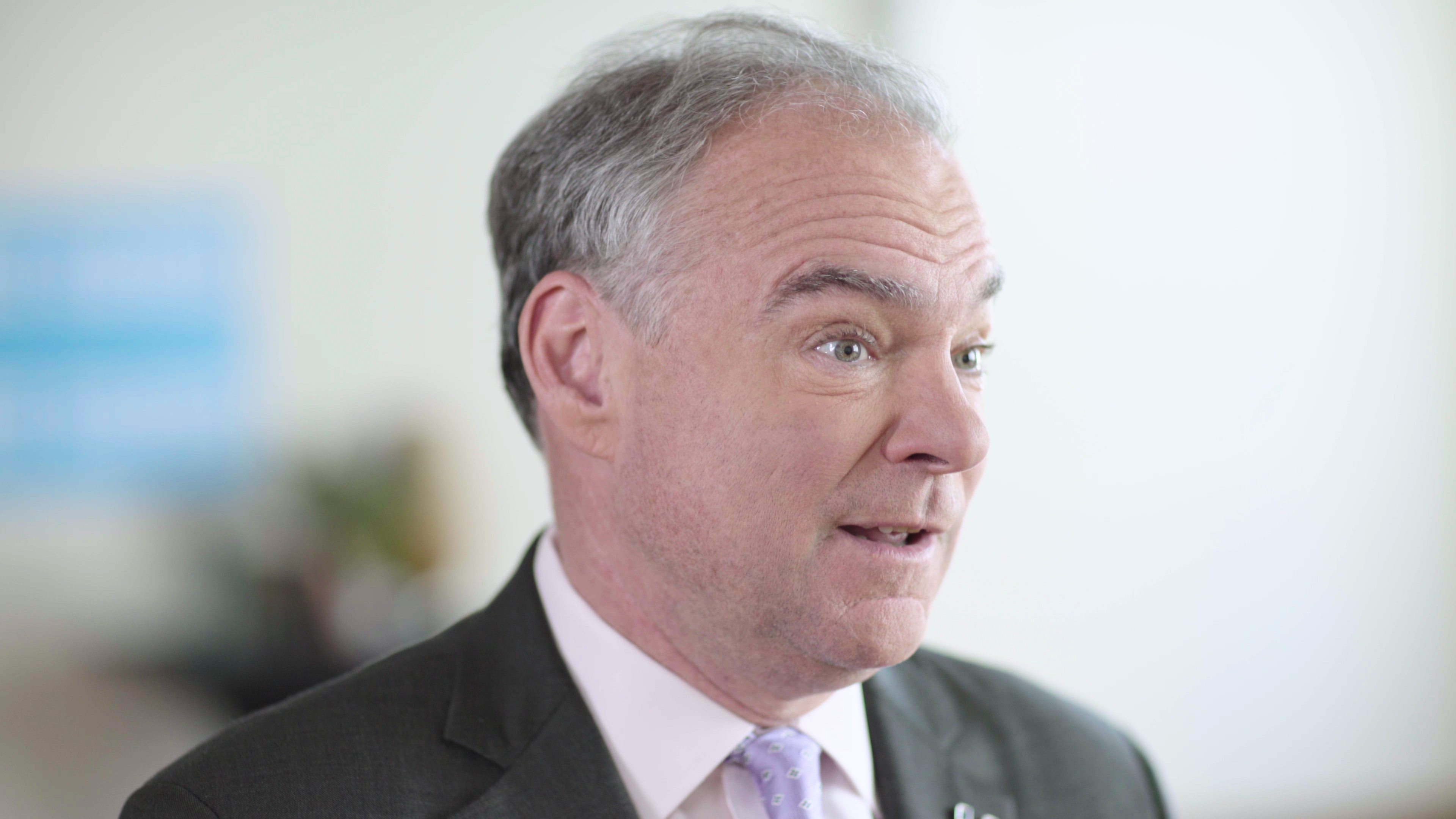 attn.com
attn.com
Matthew Segal, ATTN: Editor-in-Chief: If Donald Trump and Mike Pence are elected, what would that mean for LGBT Americans?
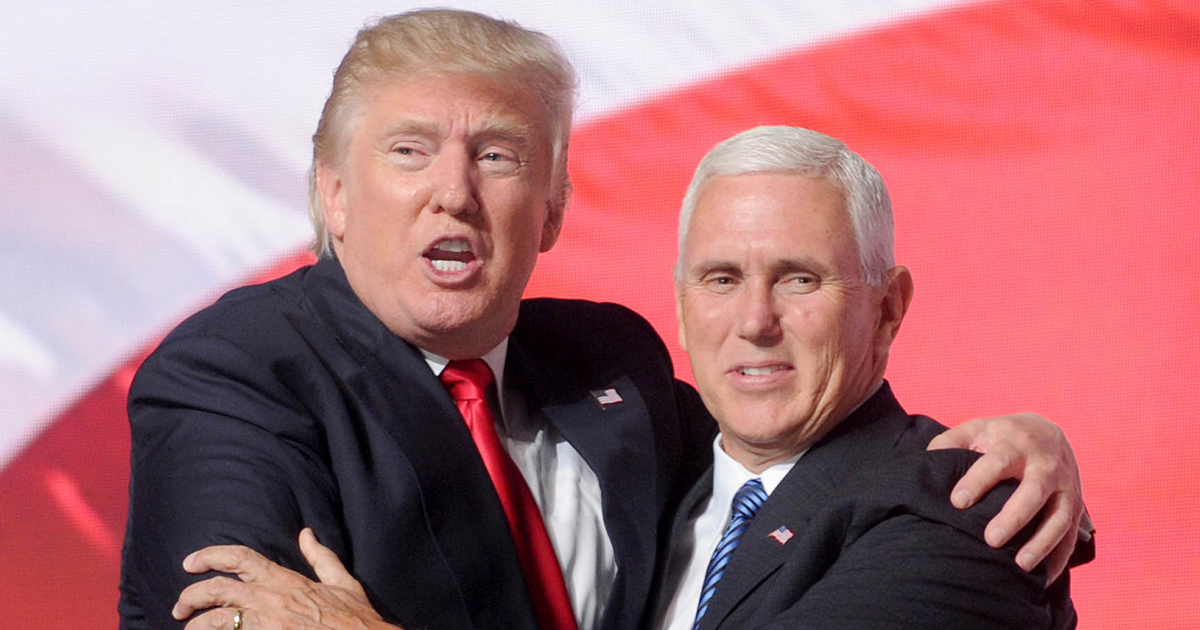 AP/Dennis Van Tine - apimages.com
AP/Dennis Van Tine - apimages.com
Sen. Tim Kaine, Democratic nominee for vice president: Well, first, both Donald Trump and Mike Pence are against marriage equality, and they both talked about appointing Supreme Court justices who are against marriage equality for LGBT Americans.
And furthermore, Mike Pence has quite a record as governor of Indiana of putting discrimination ahead of his own state's economy by passing one of the harshest anti-LGBT laws in the country. And when Indiana's business community said, 'Don't do this. You're going to hurt our state,' he did it anyway. Then Indiana businesses threatened to pull out of Indiana, and businesses that were thinking about Indiana as a place to locate said, 'We're not gonna come.' His own hometown newspaper, the Indianapolis paper, ran a big front page editorial that said, "Fix this law."
He didn't change his mind — he still opposes LGBT equality and he opposes protection from discrimination for LGBT folks. But eventually, they kind of dragged him to a position where he modified the law just so that the state's economy wouldn't go into a spiral.
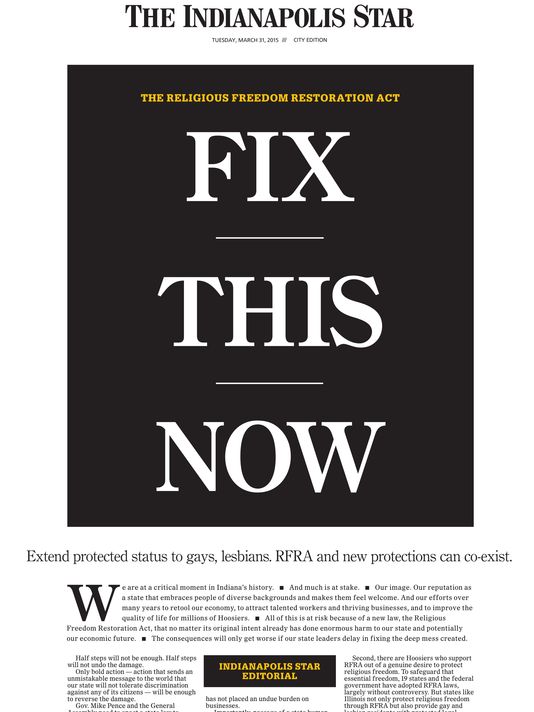 Indianapolis Star - indystar.com
Indianapolis Star - indystar.com
ATTN: So how do you protect LGBT rights without infringing upon religious liberty? Pence's argument was that by forcing businesses, for example, to serve LGBT customers, it would jeopardize religious liberty.
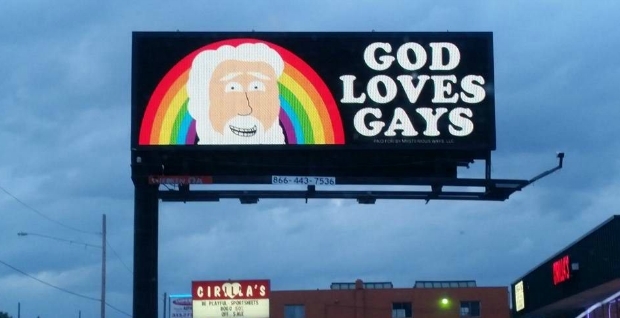 The Good Lord Above - thegoodlordabove.com
The Good Lord Above - thegoodlordabove.com
TK: There's not a conflict. We've lived in a country that has had its north star as the equality principle since 1776, and part of what we do as a nation is we journey to become more and more equal as we go, as we learn and grow. That's our journey.
The equality principle actually protects religious folks, because you can't be penalized for not worshipping, you can't be penalized for being in a minority religion. We are a society where you can't be preferred or punished by how you worship or choose not to worship. There's no conflict — there's none — between our equality principle and the notion of religious freedom.
ATTN: Gov. Pence once advocated for diverting funds from HIV organizations to organizations that support gay conversion therapy. What kind of man supports gay conversion therapy?
TK: Well, the same kind of man who said, as he has said in the past, that gay marriage would lead to, quote, societal collapse. That's the Pence position. That's why he and Donald Trump oppose marriage equality, that's their view. The Supreme Court ruled in favor of marriage equality over a year ago now. Other nations around the world have done it. Society's going strong. Honoring the commitment to one another and allowing them to express that commitment doesn't make us weaker, it makes us stronger.
ATTN: Several states have banned gay conversion therapy for minors, including the District of Columbia. Do you and Secretary Clinton support a federal ban on gay conversion therapy?
Yeah, it should not be allowed because it's based on flawed science, and it's actually a discriminatory notion.
ATTN: LGBT youth face really high suicide rates, by some measures, four times higher than straight youth. What in your opinion could be done to curb the high suicide rates of LGBT young people?
TK: I think it's really important for adults to be very public about a message of acceptance of, "Accept who you are." When I was DNC Chair from 2009 to 2011, we were very involved in the "It Gets Better" campaign, where different leaders were communicating video messages to young people and basically saying, 'Look, you're a precious child just as you are. And if you feel this way, and you feel like you're getting bullied, or you wonder why, don't worry. It will get better. And you're going to be able to live a great life just as you are.'
It's really important that adults talk about that message very broadly — especially adults in leadership positions.
And then it's also really important that we take steps — smart steps — to reduce bullying. It's a very serious challenge, not just the suicide rates, but also kids who feel bullied. LGBT kids get bullied at a rate much higher than others, and that's something we have to work with school officials to make sure that we can dramatically reduce.
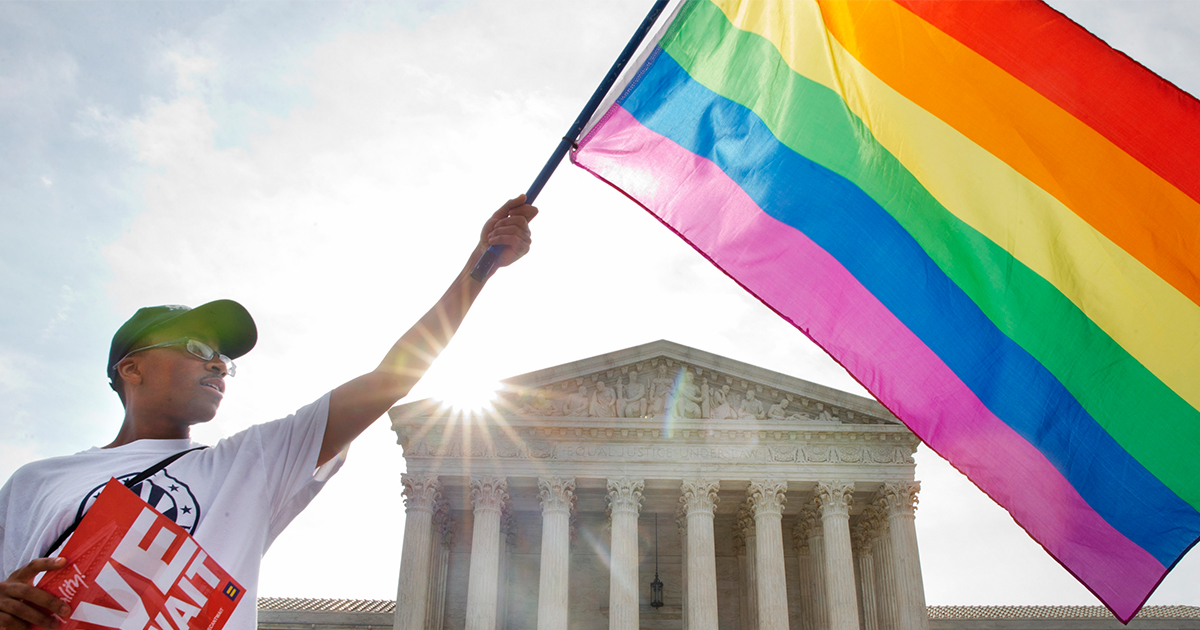 AP/Jacquelyn Martin - apimages.com
AP/Jacquelyn Martin - apimages.com
ATTN: Is that anything you can change from a policy perspective or is that only a cultural change that you're advocating?
TK: I think you can do it from a policy perspective. Title IV of the Elementary and Secondary Education Act is school safety funding. And as part of school safety funding, we ought to make sure that the school districts that receive Title IV funding are really serious about reducing bullying.
Now, kids get bullied for reasons other than LGBT discrimination, and that needs to be reduced, too. This is an important thing that we can focus on, and that's an appropriate use of those funds, to reduce bullying.
ATTN: Why are days like National Coming Out Day important?
TK:It's important to let kids know to be who you are, be proud of who you are, and you're made the way you're made for a reason. Especially because of what you said — suicide rates, bullying rates.
And adolescence is a hard time. The hardest part of my life was middle school years, and I think I can safely say that for the lives of my three children, too. They're now in their twenties, but middle school years are tough. So, you want to reach kids who are going through some tough years, where they have questions about themselves and how they fit in. Everybody feels awkward to one degree or another at that time in life, and it really is important that loving and caring adults preach a message to kids of, 'Accept who you are, you're the way you are for a reason, and you should celebrate that and accept it and not feel bad about it.'
ATTN: You've had your own evolution of LGBT issues and on marriage. Can you describe that?
TK: I'm very active in my church. I'm a Catholic. My church has a position about same-sex marriage, and my views now are different than my church's position. I love my church, and I had that view for a long time.
It was interesting when I was Lieutenant Governor of Virginia in 2004, my legislature started a campaign to put an initiative into the Virginia constitution to define marriage as between a man and a woman, and there would be no recognition of same-sex couples — even civil union or domestic partnerships. And I was working with my legislative colleagues — some of whom were supporting this — and when I asked them questions about it or whether they would even be amenable to some changes to what they proposed, I heard two things: Some told me, 'No, we're doing it this way because we want to make our state as hostile as possible to LGBT people and hope that they won't even come to Virginia.' Virginia's for lovers, that's what we say about ourselves, but they were offering a message of hate, not of love. And then I heard another message that was equally disturbing from some. They said, 'Yeah, you're right. This is really bad. But you know what? If I vote for this, I get a little bit of credit with my base and then I can do some other good things.'
I don't know which of those answers made me more furious, but it was hearing the motivation of those who were pushing that constitutional amendment that started to move me over toward 'I can't be with these people. I got to be on the pro-equality side.' So, when the legislature put [a ban on marriage equality on the ballot] in 2006, I decided to campaign against it. [Kaine was governor of Virginia at this point.] And that really was the start of my move over toward being pro-marriage equality. I was really happy to come to the U.S. Senate and join the amicus brief of all the Democratic senators urging the Supreme Court to recognize marriage equality, and I think we've taken a big and important step forward as a nation.
